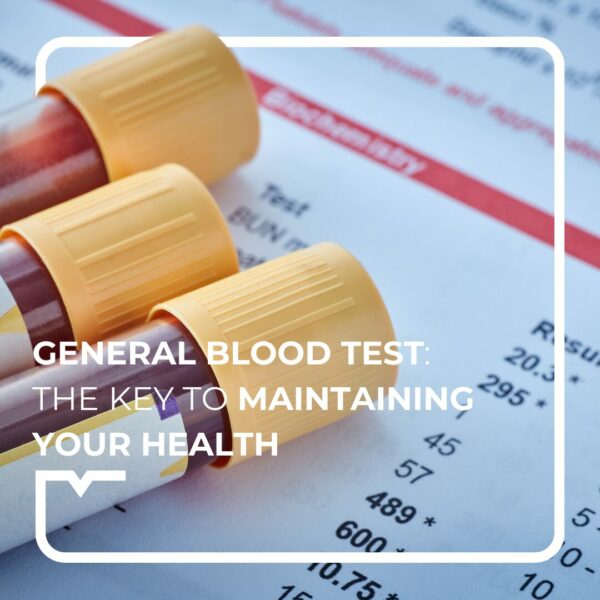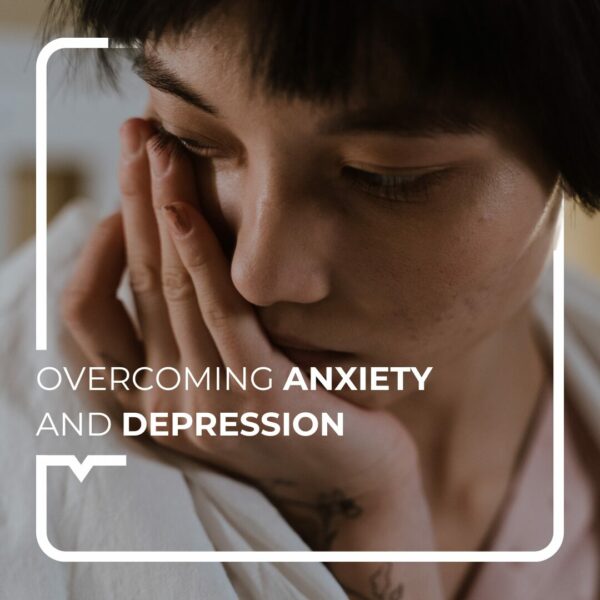You were quietly walking in beautiful Lisbon when all of a sudden, without realizing it, your feet are off the ground, your head hits a low wall, and you find yourself on the ground… a common occurrence on the slippery sidewalks of the Portuguese capital. Hello, this is Dr. Joy, and today I’m talking about head traumas.
What is a it?
This is an injury that affects the skull, brain, or surrounding tissue. It can result from a violent blow, impact, or head trauma. Head traumas vary in severity from mild to severe and can have both short- and long-term consequences depending on the severity of the injury.
- Causes of head traumas
Head traumas can be caused by a variety of events, including car accidents, falls, sports accidents, assaults, and workplace accidents. Each cause can result in specific types of injury, ranging from mild concussions to severe skull fractures.
- The different forms of head trauma
There are two main categories of head traumas: closed head traumas and open head traumas.
Closed head traumas occurs when the force impacts the head without fracturing the skull.
Open head traumas involve fracture or penetration of the cranial bone.
Each type of traumas can lead to specific complications and requires appropriate medical management.
- Symptoms of head traumas
Symptoms of head traumas can vary considerably depending on the severity of the injury and the area of the brain affected.
Common symptoms include.
– headaches
– dizziness
– memory problems
– vision changes
– nausea
– balance problems
– mood disorders, such as irritability and depression
– concentration problems.
- Assessment and diagnosis of head traumas
The evaluation and diagnosis of head traumas usually involves thorough clinical examinations, such as neurological assessment, brain imaging tests, such as CT scans and MRIs, and neuropsychological evaluations to assess cognitive and emotional functions.
However, if you’ve just had a head trauma – benign in theory – you don’t need to be hospitalized, but you will need to be closely monitored for 48 hours by someone else, as certain signs may appear with a delay, indicating a more serious injury.
Here is a list of the main signs for which you should seek further medical advice from your family doctor or the Emergency Department:
- Excessive sleepiness: with inability to wake up.
- Persistent nausea and vomiting: vomiting that occurs more than twice, or that returns after stopping.
- Severe headaches or headaches that increase in intensity.
- Visual disturbances: double vision, non-symmetrical eye movement or one pupil (small black circle in the center of each eye whose diameter varies with light) appears larger than the other.
- Abnormal movements: difficulty using an arm or leg as before, imbalance when walking or dizziness.
- Speech disorders : difficulty speaking or incoherent speech.
- Change in behaviour : agitation or unusual calm.
- Convulsions or repeated involuntary movements of arms and legs.
Monitoring head trauma in children
Your child has suffered a head trauma. The doctor’s clinical examination was reassuring and, as is almost always the case with children, this accident will have no consequences.
Rarely, complications may arise in the aftermath. To detect them, here are the symptoms to look for in the hours following the accident.
- EXCESSIVE SLEEPINESS
Your child may be tired from the accident itself, then from the doctor’s examination, X-rays…etc., especially if it happens at a time when he or she usually takes a nap. However, you should be able to wake him up easily. Don’t hesitate to wake your child, even when he’s having a nap; he won’t mind being awake for a few seconds, and in most cases, he’ll go back to sleep.
- PERSISTENT VOMITING
Vomiting is common in children after head trauma. However, if vomiting occurs more than once or twice, it’s best to contact a doctor.
- OBSERVE YOUR CHILD’S EYES
If your child complains of unusual visual disturbances (double or blurred vision), call the doctor who examined your child.
- OBSERVE YOUR CHILD’S BEHAVIOUR
If your child can’t use an arm or a leg, if he has difficulty speaking and becomes incomprehensible, if he can’t walk up straight, as if he were drunk, you should call back the department or the doctor who examined him.
If in doubt, don’t hesitate to call the department or doctor who usually treats the patient, or the doctor on duty, for any clarification.
In the event of a problem, call the Portuguese emergency number: 808 24 24 24 or 112.
Source : Forez Hospital – Emergency Department
This information is not a substitute for medical advice.
You must seek the advice of your doctor or another qualified health professional with any questions you may have regarding your health condition.



